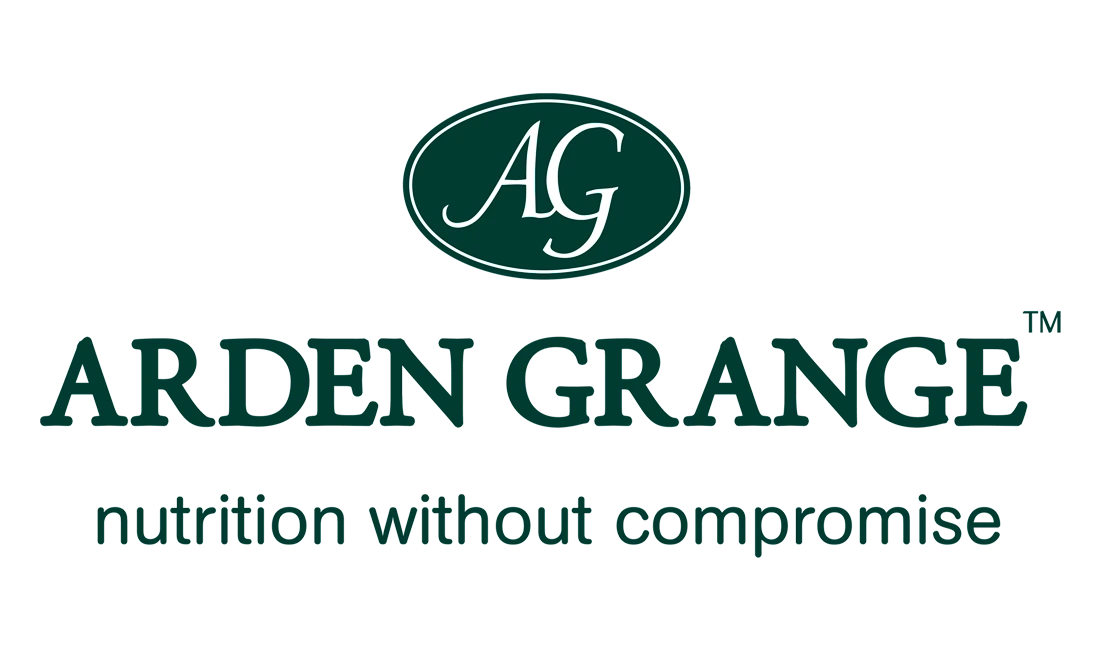How to feed your pet after pancreatitis
The first feeds for a dog with pancreatitis are usually comprised of a digestible carbohydrate source (e.g. well-cooked rice) rather than fat or protein-rich ingredients. If tolerated, small amounts of foods containing good quality protein but low amounts of fat (e.g. low-fat cottage cheese or skinless chicken breast) can be gradually introduced.
During recovery, the diet should be extremely fat restricted, which is why a veterinary diet (or very low-fat, cooked fresh food) is usually fed initially.
The general recommendations for dogs who have recovered, or have a past history of the condition, are that the diet supplies a maximum of 10% fat (on a dry matter basis), and that the food is highly digestible and made to a fixed formula. The inclusion of supplements to support the immune and digestive system such as the antioxidant-rich plant extracts, prebiotics and nucleotides in our food may be beneficial too.
Our Light dry food and Sensitive Partners canned food meet all the criteria above. Our Light diet is our lowest fat dry dog food, and this supplies 7.5% fat on an ‘as fed’ basis (8.15% dry matter).
In cats, extreme fat restriction is not so critical, but there is still evidence to support the use of lower fat diets.
Cats can be susceptible to further complications including triaditis, which is concurrent chronic pancreatitis, inflammatory bowel disease and cholangiohepatitis (inflammation of both the liver and the biliary system). IBD is often linked to food allergies, so a further challenge when providing an appropriate diet (in addition to it being extremely palatable, highly digestible and not too high in fat) is that it also should provide a novel protein and carbohydrate source. Additional liver support in the form of antioxidants may be beneficial, and copper restriction is usually necessary in the event of liver dysfunction (because increased concentrations of copper can cause oxidative stress that can then lead to further liver cell damage and inflammation).
Arden Grange Light cat food could be a suitable option as the fat content of this product is 11% as fed (11.96% dry matter). It contains probiotics, antioxidants and beneficial levels of Omega 3 fatty acids to help to support the immune and digestive system and excludes some of the more common ingredients responsible for adverse food reactions (i.e. wheat / gluten, unspecified cereals, beef, soya and dairy products).
It is important to ask your vet’s professional opinion as to the suitability of a product before considering a change of diet for your cat or dog.
As a responsible and ethical company, we fully appreciate the caution that must be taken when discussing the potential benefits of our products and the nutritional supplements we include. It is against the law to make medical claims. Whilst these ingredients are safe and natural and may be beneficial to some of the cats and dogs fed on Arden Grange, we must highlight that their inclusion is not a substitute for veterinary intervention in the case of a sick animal.


 Puppy
Puppy
 Adult
Adult
 Senior
Senior
 Sensitive
Sensitive
 Treats
Treats Kitten
Kitten
 Adult
Adult
 Senior
Senior
 Trusted British Brand
Trusted British Brand

